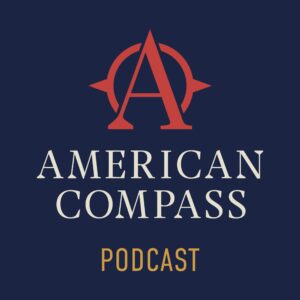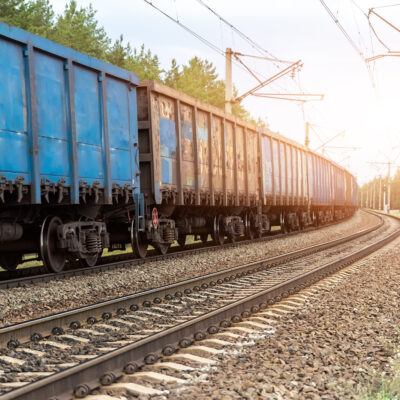
RECOMMENDED READING
The Railway Safety Act of 2023 is a potent signal of a sea-change in how conservatives in Washington are approaching their most basic task: governance for the common good.
The bill itself is bipartisan, sharply focused on the rules that govern the railway industry, and comes in response to a catastrophic accident in East Palestine, Ohio that clearly exposed the industry’s inadequate safety precautions. It is not the kind of legislation that would typically attract spirited debate. But industry groups and their allies in the libertarian movement, accustomed to rallying Republicans in Congress around rote claims that regulation is always misguided, are reacting with vocal panic that their mindlessly anti-government mantras are no longer carrying the day.
Republican Senators J.D. Vance (R-OH), Marco Rubio (R-FL), and Josh Hawley (R-MO), alongside Democrats Sherrod Brown (D-OH), John Fetterman (D-PA), and Bob Casey (D-PA), introduced the Railway Safety Act (RSA) to make several common-sense updates to American railway law. The RSA requires increased use of wayside defect detectors, which automatically scan passing trains for wheel-bearing failure—the problem that caused the disaster in East Palestine. It requires crews of at least two people per train, codifying a two-man standard already widely accepted within the industry and forcing stragglers to update their practices. It updates precautions for trains carrying hazardous materials, ensuring those precautions apply to hazardous materials that were not previously covered.
Recommended Reading
Critics Corner with FreedomWorks’ Phil Bell on the Railway Safety Act
Oren Cass is joined by FreedomWorks’ Phil Bell for a wide-ranging discussion the Railway Safety Act of 2023.
American Conservatives Are Working on the Railroads
The Railway Safety Act has made concrete the ideological debate raging between conservatives and libertarians over the role of government regulation in the free market.
The Once and Future American Labor Law
American labor law has become worse than useless: a lower share of the private-sector labor force is organized today than before the National Labor Relations Act was passed in 1935. The time has come for an entirely new model.













